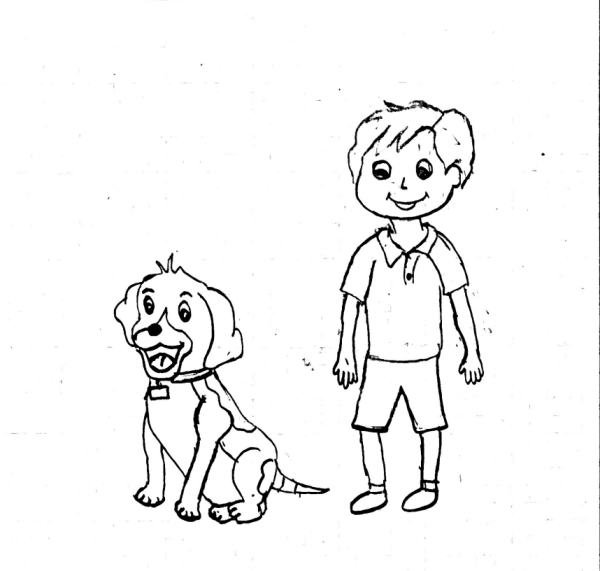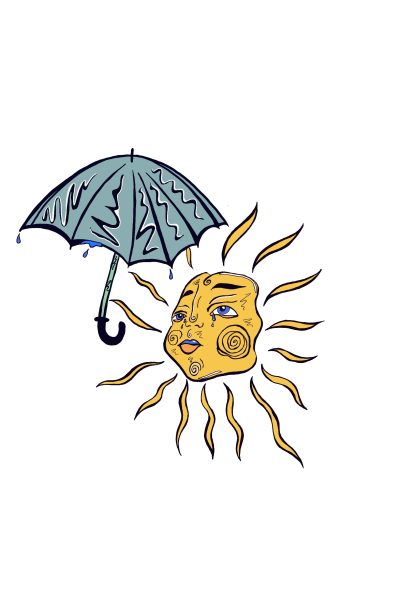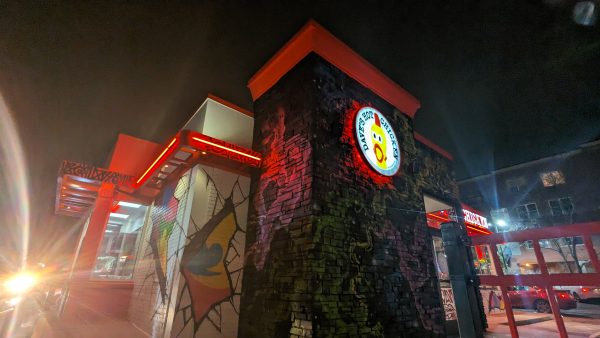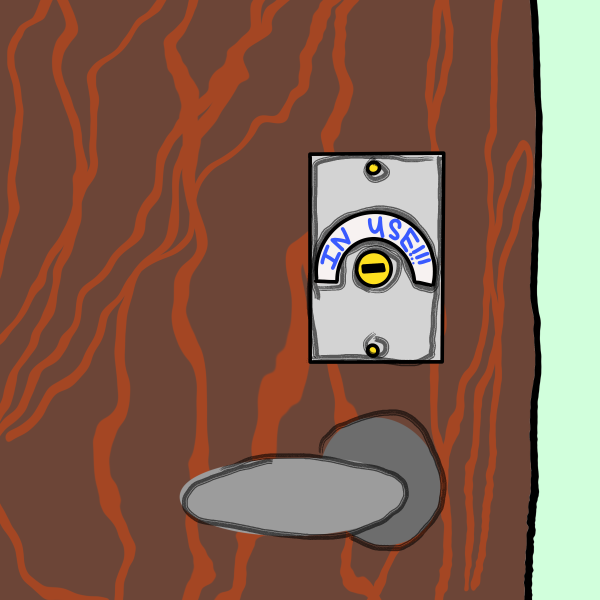Making Light of a Pretty Heavy Issue
It’s okay to be struggling, but why do we romanticize this nation-wide issue?
September 28, 2018
We’ve all seen the #brokecollegestudent meme, perhaps as we scroll through the Instagram explore page or as we browse Twitter feeds. They typically state, “You know you’re a broke college student when…” followed by some hilarious life hack like making a grilled cheese on a clothes iron. There are even whole articles from sites like Buzzfeed or Odyssey titled X-amount of Things Only Broke College Kids Will Understand, which are filled with memes that attempt to illuminate what it’s like to have little to no money in a time of your life when money could probably be the most useful. Things like “I got asked to go out – let me see if I can” attached to a picture of someone counting pennies or “successfully rationed toothpaste and razors until Christmas” attached to a picture of the success baby. (You all know what I’m talking about.) These memes are all good and fun, but in reality, is this something we should be joking about?
How many students complain about being broke, i.e. not being able to buy food or toiletries or school supplies? I’d go as far as to say almost every college student, at least once, complains about this. Say there is student that doesn’t need new clothes and goes shopping and spends $200 and this is their reasoning: “I spent $200 on clothes the other day, but I’m broke, so I used a 20 percent discount on top of a sale. In the end I actually saved myself a lot of money!” Okay, so you’re not ‘broke,’ first of all. If you have $200 to spend on clothes, discounted or not, then you’re definitely not an underfunded student. Second of all, you didn’t save yourself money, because you still spent that $200. Saving yourself money would be refraining from buying things you don’t need to buy, or if you really needed new pants, thrifting them instead. People complaining without reason is my first and most immediate problem with the ‘broke college student’ trope — how many students are actually underfunded, lacking money for basic necessities, and how many students are simply suffering from not having extra spending money? If you’re the latter, and you complain about being broke after spending $20 on delivery and $10 on an Uber to a party in Dinkytown, then you’re not broke, and your complaining about being broke is invalidating to those who actually face these problems. If you don’t relate, you don’t relate. It’s as simple as that.
My biggest issue with #brokecollegestudents is this: why is being in poverty romanticized/a part of pop culture in the first place? Many students rely on the university for a place to sleep and food to eat — any student living off campus and not with their parents is likely to be riding the poverty line, meaning that they’re hardly able to make rent, let alone buy basic necessities. Statistics from the StarTribune state that students living off-campus in Saint Paul drive up the poverty rate by at least two percent; in other cities in Minnesota and Wisconsin, it’s even more. It doesn’t make sense to me why this is a joke among us. It’s okay to struggle, but it isn’t cool or fun when it’s real, and making these jokes when you aren’t facing these problems — and further, making things seem like ‘broke college student problems’ when they really aren’t — undermines the students who actually face these issues in their harshest realities. It makes it so that when money truly is a problem — like when you aren’t able to cover the rest of your tuition — our first instinct is to make a joke about it. We then ignore our financial disparity and things only get worse.
If you are experiencing serious financial hardships, do not be afraid to ask for help – especially on college campuses, there are ALWAYS solutions. Look around for flyers about the food truck that comes monthly, or for events that provide financial counseling or free food or free entertainment. Apply for scholarships like it’s your job. Financial hardship is no joke, and it’s time we stop treating that way.





